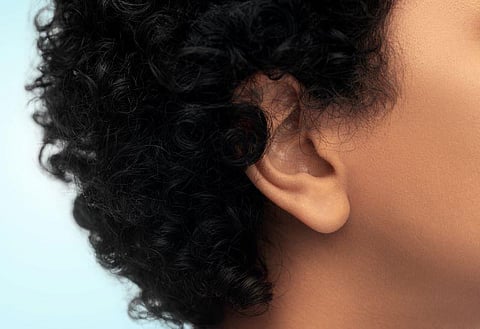MONDAY, Aug. 28, 2023 (HealthDay News) -- Hearing assessment recommendations for infants, children, and adolescents are discussed in a clinical report published online Aug. 28 in Pediatrics.
Charles Bower, M.D., from Arkansas Children's Hospital in Little Rock, and colleagues updated recommendations for hearing assessment beyond the newborn period and provided guidance for assessment and care of children who are deaf or hard of hearing.
The authors recommend that all children should undergo risk assessment for changes in hearing threshold using objective and evidence-based risk factors for delayed-onset hearing changes. In cases of clinical concern or caregiver concern of permanent or ongoing hearing change, children at all ages should have prompt objective hearing screening. Referral to an audiologist for diagnostic consultation and testing is recommended for a child with a positive screen for atypical hearing thresholds in one or both ears. For some children with developmental and/or behavioral health conditions, behavioral audiometry may be impossible or inaccurate, and consequently, referral to audiology for electrophysiological hearing testing using Auditory Brain Response with sedation is suggested. To facilitate tracking and follow-up, newborn and childhood hearing screening results should be reviewed with families and documented. Screening tests should not be repeated more than once before referral to audiology to prevent false-negative results and avoid delays in access to language and support.
"Parents and caregivers are often the first to realize their child is experiencing a change in hearing level," Bower said in a statement. "It's important to bring this up with the pediatrician, even if the child passed a newborn hearing screen after birth."
Abstract/Full Text


